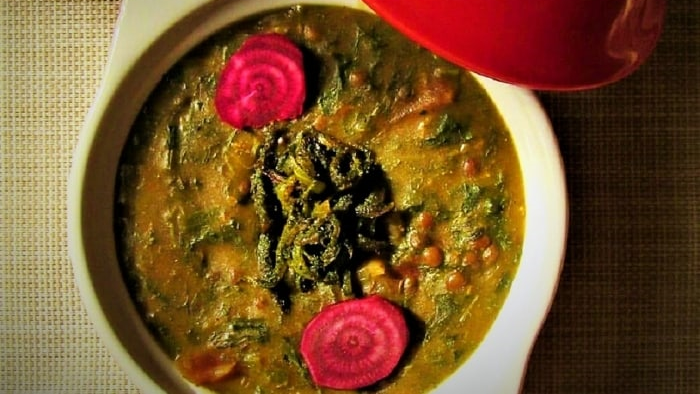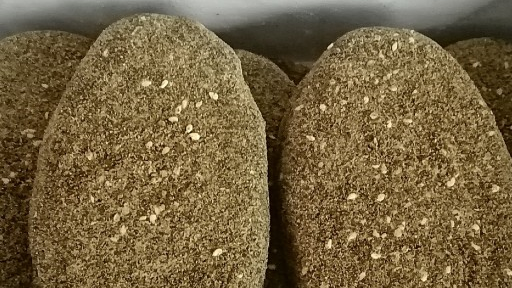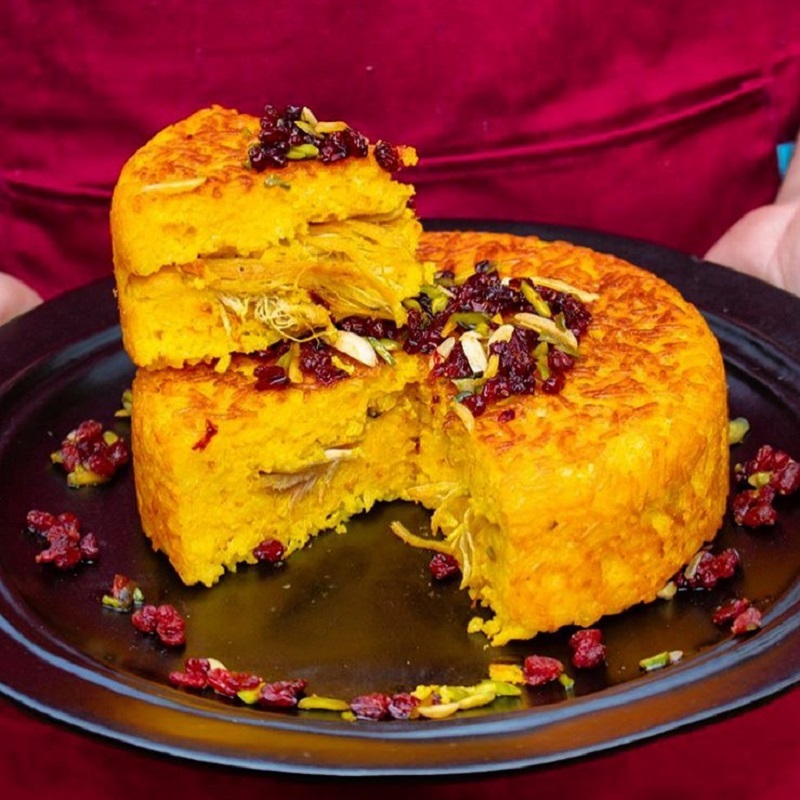
Semnani Sabzi Polau
Semnani Sabzi Polau
Sabzi Polau is one of the most popular and commonly used dishes in Iran, which is cooked with fish or meat on special occasions, such as Nowruz. Semnani Sabzi Polau is, in some ways, quite different from the version cooked in other parts of Iran.
Features of Semnani Sabzi Polau
Semnani Sabzi Polau is a complete food that caters to the body’s needs for minerals, fiber, and protein. The history of this dish dates back about two centuries ago. In addition to what is customary in Iran, the people of Semnan use some vegetables such as eggplant, plums, spinach, potatoes, and tomatoes in their Sabzi Polau. The use of different raw materials in Semnani Sabzi Polau creates a colorful, eye-catching, and spectacular combination when served.
Eggplant has replaced meat in Semnani Sabzi Sabzi. It is said that during the time of World War II when access to meat and preparation of meat dishes was difficult, the people of Semnan switched to using eggplant in their dishes. Although Semnani Sabzi Polau is usually made without meat, it is also cooked with meat. This dish is served in family events and Nowruz.
Ingredients (for four people)
• Rice: four cups
• Green vegetable: three cups
• Sheep muscle meat: 250 to 300 grams
• Sumac and sour grape powder: one teaspoon each
• Turmeric and Rosemary: half a teaspoon
• Rice noodles: one cup
• Black-eyed peas: one cup (100 grams)
Also, these ingredients are used for seasoning food:
Potatoes: four (small)
• Tomatoes, eggplants, and beets: two
Depending upon one’s taste, potatoes or cooked beets can be used for making “Tahdig”. Sometimes fresh garlic is added to this food.
Recipe
• Soak the rice in cold water for at least two hours before starting the cooking process. Soak the beans the night before and boil them for an hour before using them for food.
• Fill half a pot with water and put it on the heat until it boils. Drain the water from the soaked rice and pour the rice into the boiling water. Since the rest of the ingredients used during cooking will release water, you should not boil the rice too much like other types of Iranian polau.
• After a minute, add the green vegetables, noodles, black-eyed peas, and spices in turn and at intervals of a few minutes. After boiling this mixture for a few minutes, drain it completely.
• It is time to layer the pot for making “tahdig”. You can use cooked beets, potatoes, and even bread (or a combination of these) for making tahdig. Arrange these ingredients so that they cover the entire bottom of the container. At this stage, you can drizzle a little oil on the bottom of the pot.
After placing the bottom of the layers of the above-mentioned items on the bottom of the pot, pour a layer of rice so that it covers the entire layer of the intended tahdig. Then put the meat on it. Since the meat is added to the food raw, therefore, it is better to mix it with salt and spices at least an hour before adding it. Adding meat to this dish is optional, but if you want to taste the original taste of Semnani Sabzi Polau, do not forget the meat. At times, a few dried plums are also placed on the meat to enhance the flavor, though their use depends on personal preference. Pour the remaining rice over the meat, then layer the chopped vegetables (eggplant, onion, tomato, potato, and spinach) on top. It is best to place the tomato as the final layer so that it doesn’t get crushed and its juice can seep into the rest of the dish during cooking.
All the ingredients of this dish, except the beans, are added raw, so the dish should be simmered for at least three hours on a low flame.
The traditional way of cooking Semnani Sabzi Polau was inscribed on the list of the intangible national heritage of Iran in the year 2021 AD.
Sabzi Polau is one of the most popular and commonly used dishes in Iran. This dish is traditionally prepared with fish or meat on special occasions such as Nowruz, but Semnani Sabzi Polow differs in several ways from the versions commonly made in other parts of Iran.
| Name | Semnani Sabzi Polau |
| Country | Iran |
| State | Semnan |
| Type | Meal |
| Registration | National |
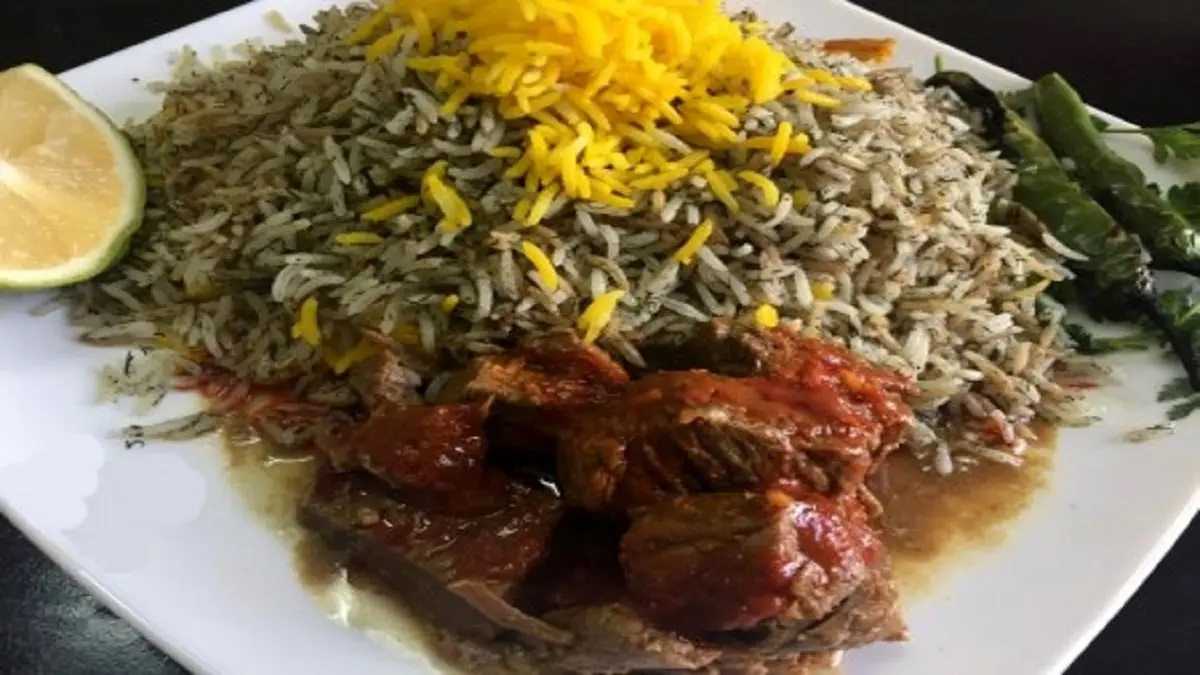
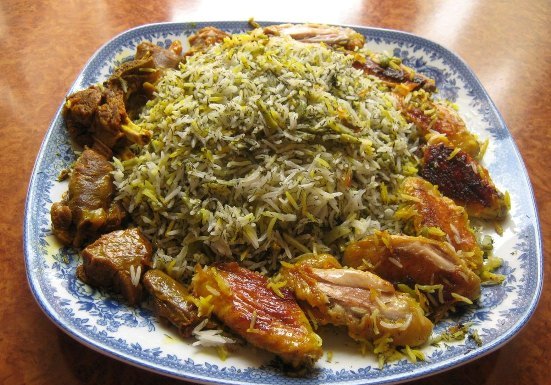


Choose blindless
Red blindless Green blindless Blue blindless Red hard to see Green hard to see Blue hard to see Monochrome Special MonochromeFont size change:
Change word spacing:
Change line height:
Change mouse type:
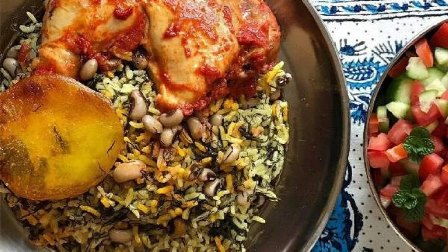

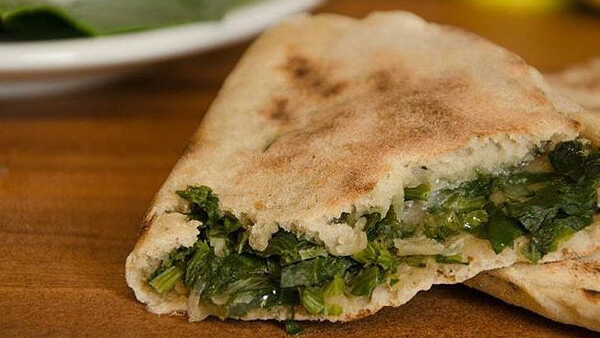

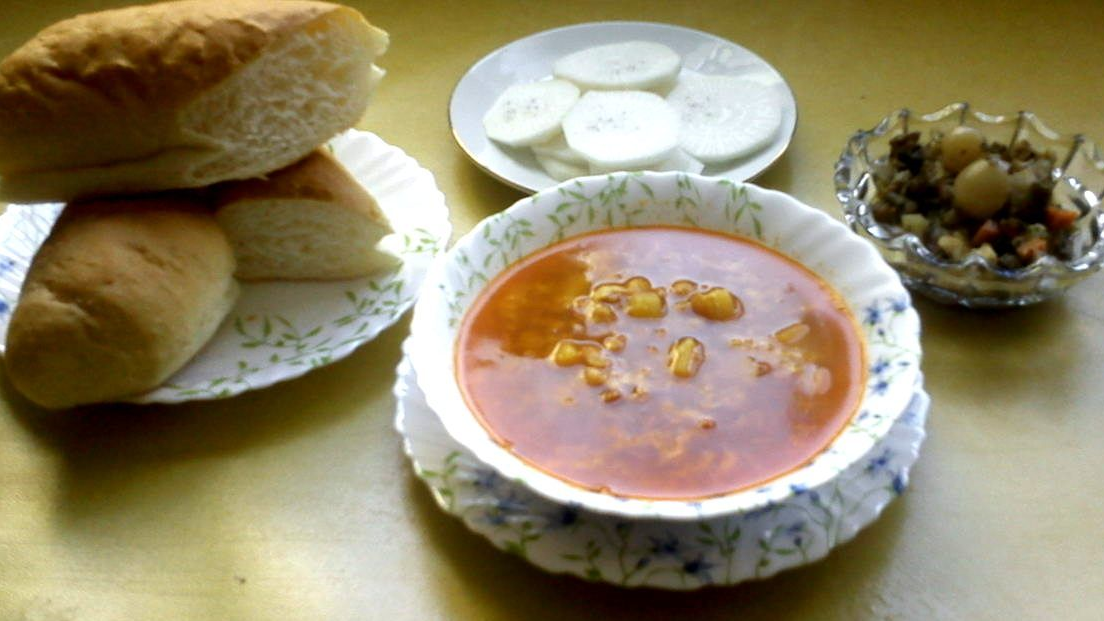
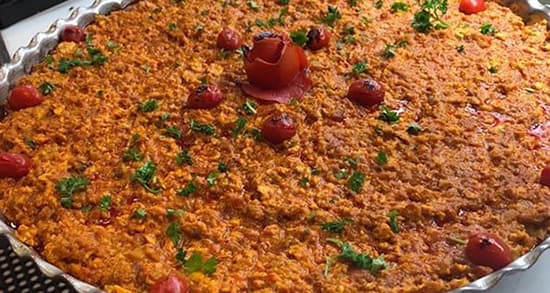

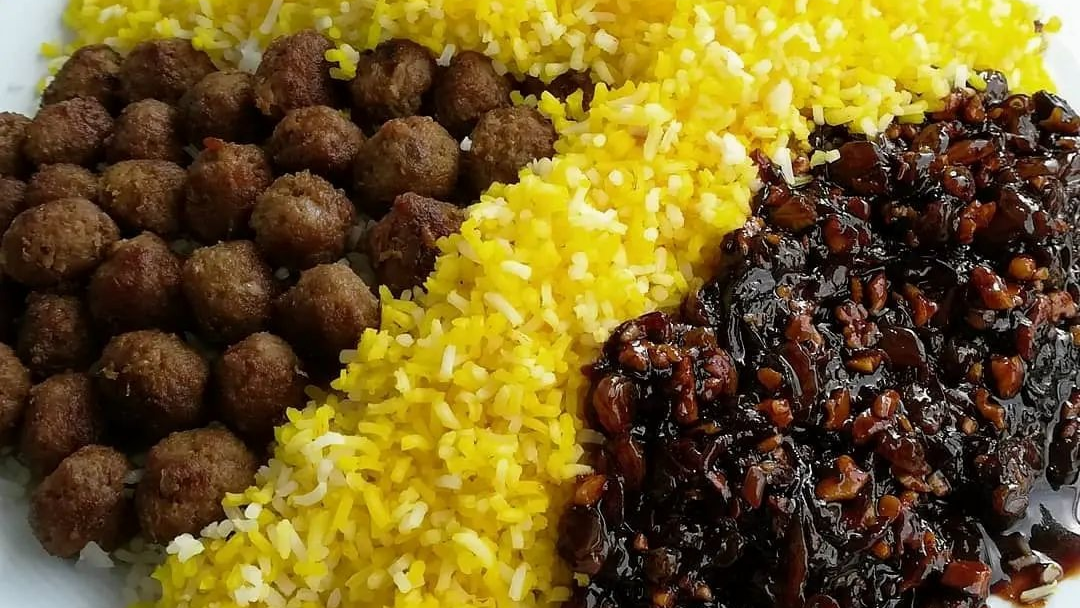
_crop_1.jpg)


